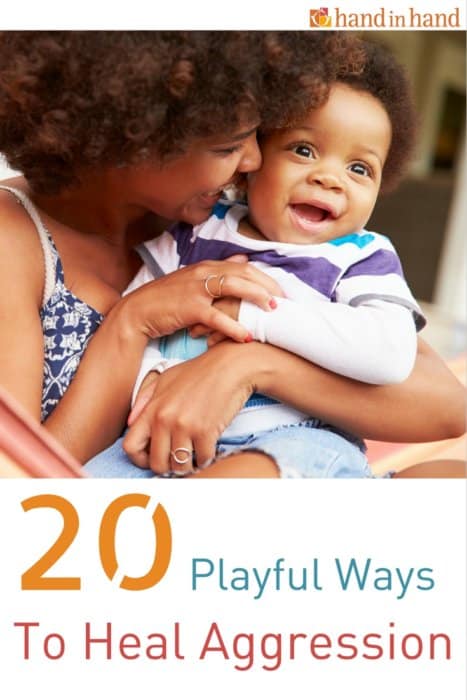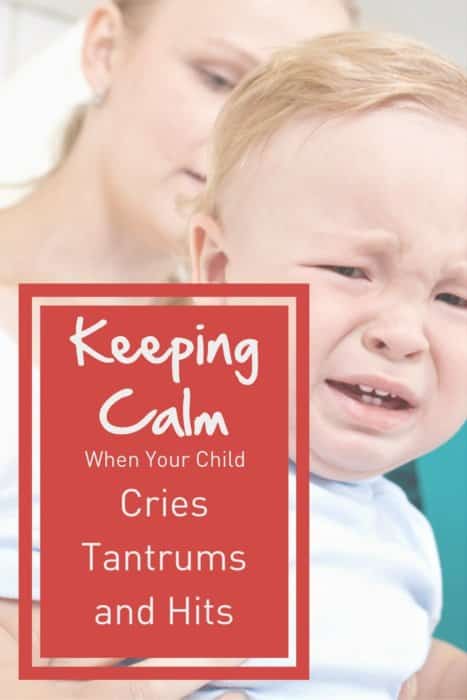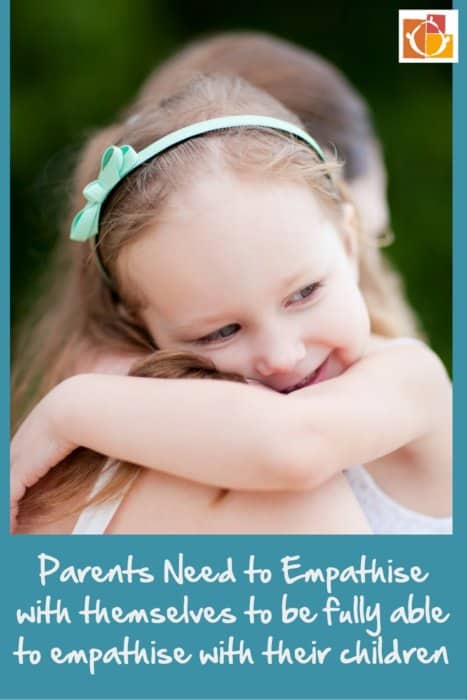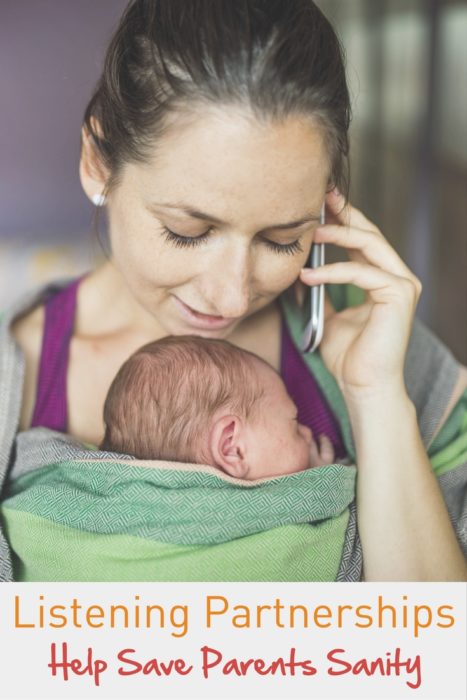![]()
Welcome to Your Guide to Calmer Parenting!
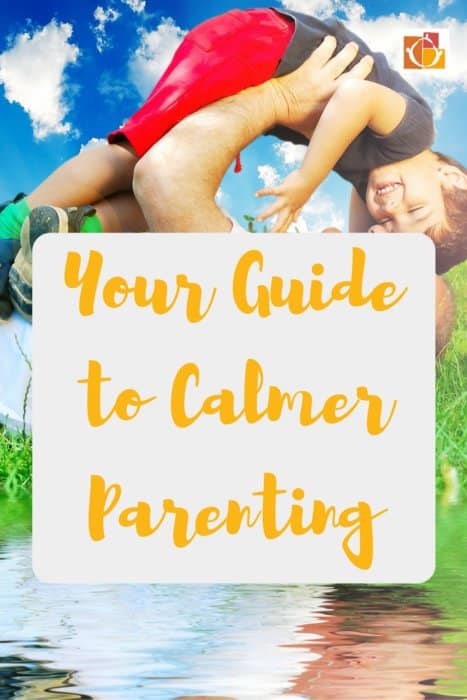 If you've caught yourself yelling at, bribing or threatening your child more times than you'd like, this toolkit will help you find new, calmer ways to deal with your parenting challenges.
If you've caught yourself yelling at, bribing or threatening your child more times than you'd like, this toolkit will help you find new, calmer ways to deal with your parenting challenges.
You'll find ways to help yourself and your child, using play and laughter, gentle words and body language and by learning to explore your own triggers and begin to heal. These strategies will help guide you toward calmer, more connected and content parenting, no matter what ages your children are.
If you like what you read here consider signing up for our monthly newsletter, for more warm and helpful advice, and then deepen your knowledge of the parenting tools here with the book Listen: Five Simple Tools to Meet Your Everyday Parenting Challenges. You'll find more support for your parenting in one of our classes, and on our main Facebook Page.
Welcome to a new parenting journey, where you'll face your challenges with new calm and confidence, where you'll feel supported and valued for the important job you are doing raising your children.
Let's get started!
Connect on a Daily Basis
When connections with your children are strong, they are more likely to co-operate. Special Time lavishes attention on them, as you follow their lead letting do whatever they chose for an amount of time you specify. This builds their confidence and lets them be seen, so that their connections keep strong.
Here's how Special Time helped one family change their mornings.
Understand and Empathise First
No child wants to deliberately upset you. When they lash out, through shouting, hitting or tantrums, it's because they are feeling disconnected from you. Often, something has their nerves wrangled, and they are experiencing worry or fear that creeps in when you have been away – whether that's at work, in the kitchen, or with a sibling. You can restore the connection using a few key tools.
Play: A playful response shows that you still love them and that you can make them feel better. Try these 20 Playful Ways To Heal Aggression
Keep Calm and Move In
Once we know that the basis for a child's off-track behavior comes from disconnection and fear, we know that shouting back, threatening or time outs maintain the cycle of fear and keeps the behavior coming. Responding with empathy, love and warmth gives your child space to clear his feelings without being judged.
This kind of gentle parenting is not permissive. In fact, we know that limits are a fantastic tool to help children push against feelings, and do not make a child feel worse when given Without Blame or Shame.
Loving limits are firm, clear and spoken quietly. You do not need to say much, but you can expect that tears, shouts, and tantrums may bubble up in response. Here's how to set a limit in five words or less, and how to respond to outbursts.

Listen to the Cries
Learning how to listen to your child cry may take some practice, especially because most of us were brought up to hush them. Allowing cries actually allows a child to offload a lot of their stress when it is supported by your kind love and warm attention. Hand in Hand Parenting calls this supportive tool Staylistening. You can see how it works in Listening to Angry Feelings. Notice that the mom stays close but actually says very little. As you stay close and your child's crying will eventually quiet. Most times, they'll be brighter, more loving and willing to respond to you following their cry.
Be Kind To Yourself Too
For you to put these tools into daily action, you'll need to be just as kind to yourself. Parenting is difficult and takes enormous physical and mental energy. When you take time for self-care, you get new space and brighter resources to help you tackle whatever new challenges come up in your family.
Read Before Parents Can Parent with Empathy They Need Empathy ideas for being kind to yourself and your kids when it all feels like your parenting is going wrong.
Hand in Hand's Listening Partnerships tools brings two parents together to laugh, vent and moan about their parenting challenges, without judgments or even advice. This a freespace to explore the triggers that make you angry, frustrated, and sad. By talking about them, you clear space in your head for calmer solutions – you can even practice words or responses that you'd like to use with your kids.
Find Someone to Listen
Here's how listening partnerships work:

